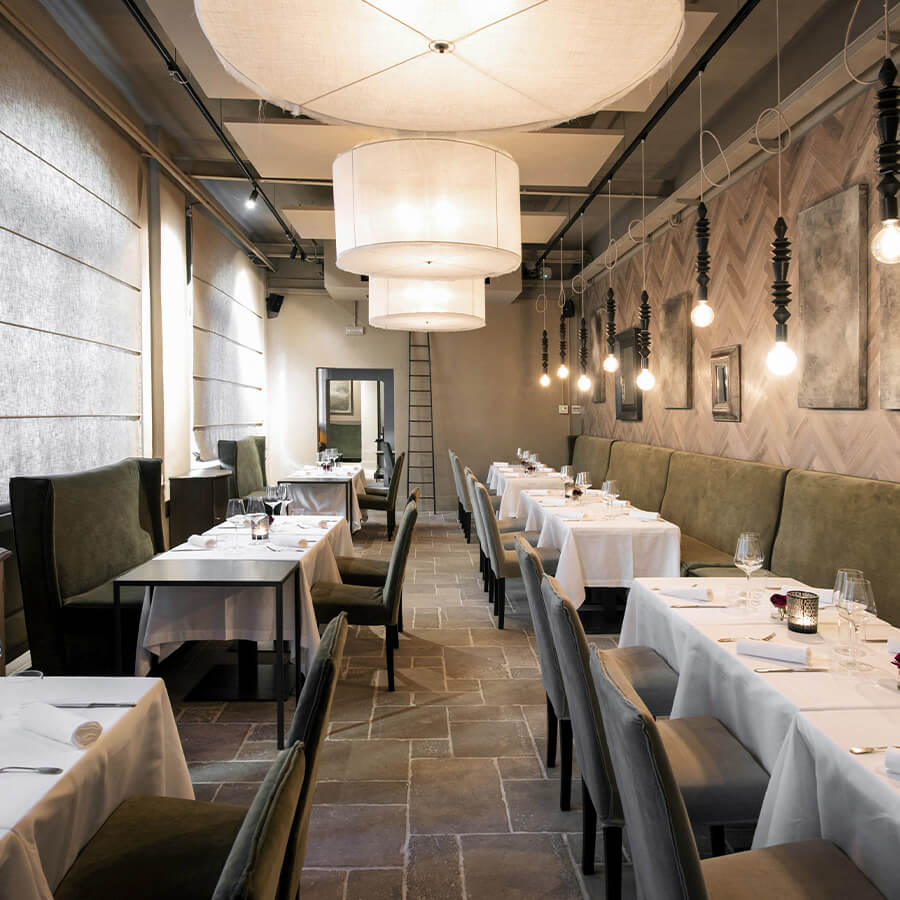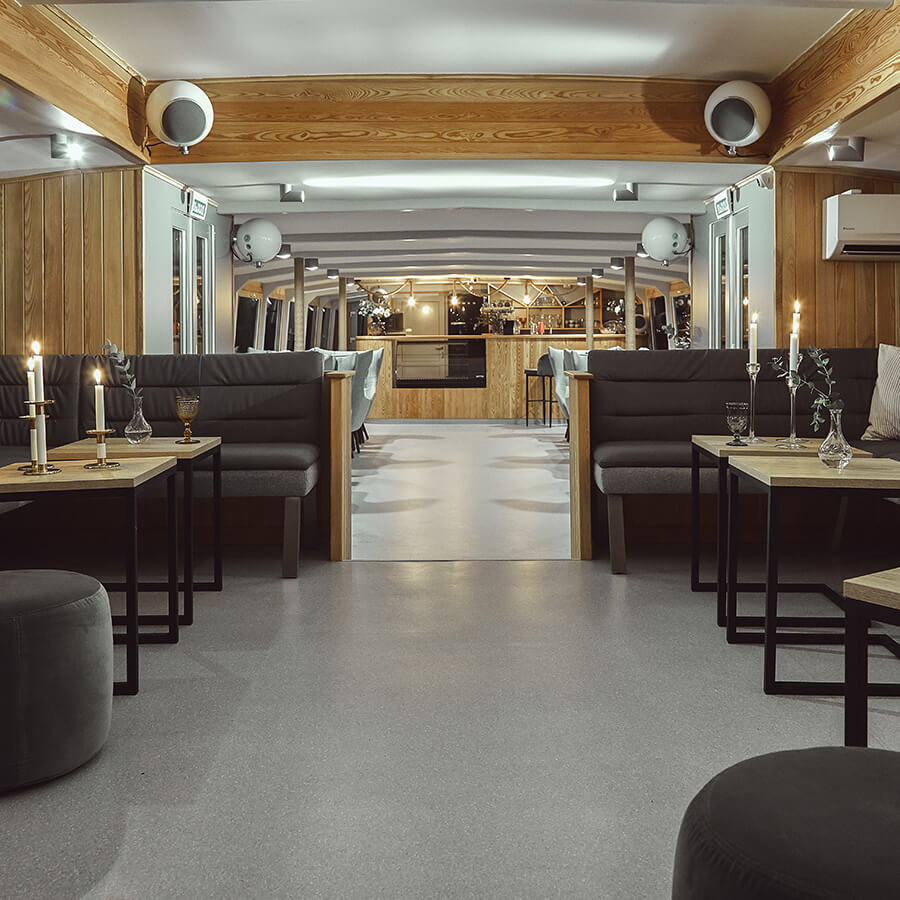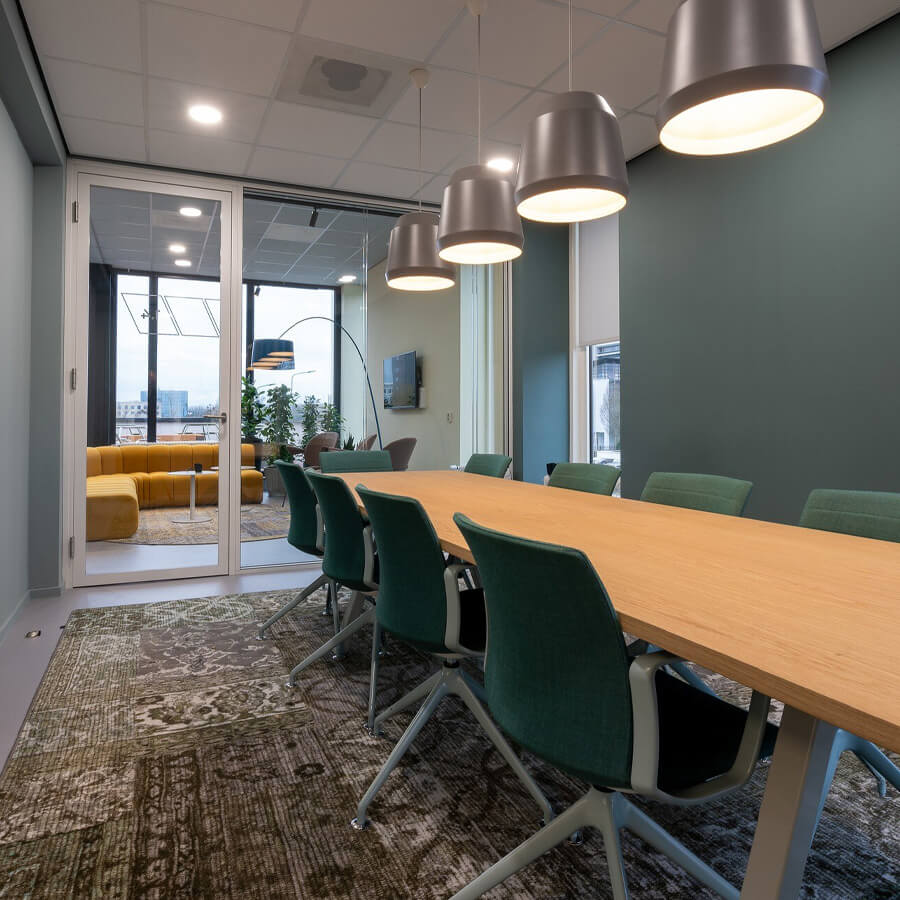Innovative Materials for Sustainable Interior Design in the UAE
Published on July 3, 2024
Sustainability has become a cornerstone of modern interior design practices, with designers in the UAE leading the way in incorporating innovative materials that are both eco-friendly and aesthetically pleasing. As the demand for sustainable living grows, so does the need for interior spaces that prioritize environmental responsibility without compromising on style. Here are some innovative materials revolutionizing sustainable interior design in the UAE:
1. Bamboo: Renowned for its rapid growth and renewability, bamboo has become a popular choice for sustainable interior design in the UAE. This versatile material can be used for flooring, furniture, and decorative accents, offering durability and visual appeal. Bamboo’s natural beauty and eco-friendly properties make it a favored option for interior designers seeking sustainable alternatives to traditional hardwoods.
2. Recycled Glass: Repurposing glass waste into decorative elements and building materials is gaining traction in the UAE’s interior design scene. Recycled glass tiles, countertops, and lighting fixtures add a touch of elegance while reducing the environmental impact of glass production. With a wide range of colors and textures available, recycled glass allows designers to create unique and environmentally conscious interiors.
3. Cork: Harvested from the bark of cork oak trees, cork is a renewable and biodegradable material that offers both functionality and sustainability. In interior design, cork is prized for its sound-absorbing properties, making it an ideal choice for flooring and wall coverings. Additionally, cork’s natural elasticity and thermal insulation qualities contribute to energy efficiency, further enhancing its appeal in sustainable design projects.
4. Reclaimed Wood: Embracing the beauty of imperfection, reclaimed wood adds character and charm to interior spaces while reducing the demand for virgin timber. Salvaged from old buildings, barns, and industrial sites, reclaimed wood brings a sense of history and sustainability to furniture, flooring, and architectural features. Its weathered patina and unique grain patterns tell a story of resourcefulness and environmental stewardship in UAE interior design.
5. Hempcrete: A relatively new addition to the sustainable interior design arsenal, hempcrete is gaining traction in the UAE for its eco-friendly properties and versatile applications. Made from a mixture of hemp fibers, lime, and water, hempcrete offers excellent insulation and thermal regulation, reducing the need for artificial heating and cooling systems. Its lightweight nature and mold-resistant properties make it an ideal choice for wall construction and insulation, contributing to healthier and more energy-efficient interiors.
6. Low VOC Paints: Volatile Organic Compounds (VOCs) are harmful chemicals found in many
traditional paints that can off-gas into the air, contributing to indoor air pollution. In the UAE’s arid climate, where indoor air quality is paramount, low VOC paints have emerged as a preferred choice for sustainable interior design projects. These paints contain minimal VOCs, reducing indoor air pollution and promoting healthier living environments for occupants. With a wide range of colors and finishes available, low VOC paints offer both sustainability and style in interior design projects across the UAE.
7. Solar Panels and Photovoltaic Systems: While not traditionally considered interior design elements, solar panels and photovoltaic systems are integral to sustainable living in the UAE. By harnessing the abundant sunlight available in the region, solar panels generate clean and renewable energy to power homes and buildings. Interior designers in the UAE are increasingly integrating solar panels into their design schemes, incorporating them seamlessly into roofs, facades, and shading structures. These innovative energy solutions not only reduce carbon emissions but also contribute to the overall sustainability and resilience of interior spaces in the UAE.







 sales@mattermind.ae
sales@mattermind.ae +971 54 236 5212
+971 54 236 5212 +971 25653070
+971 25653070 +971 50 2525 180
+971 50 2525 180

